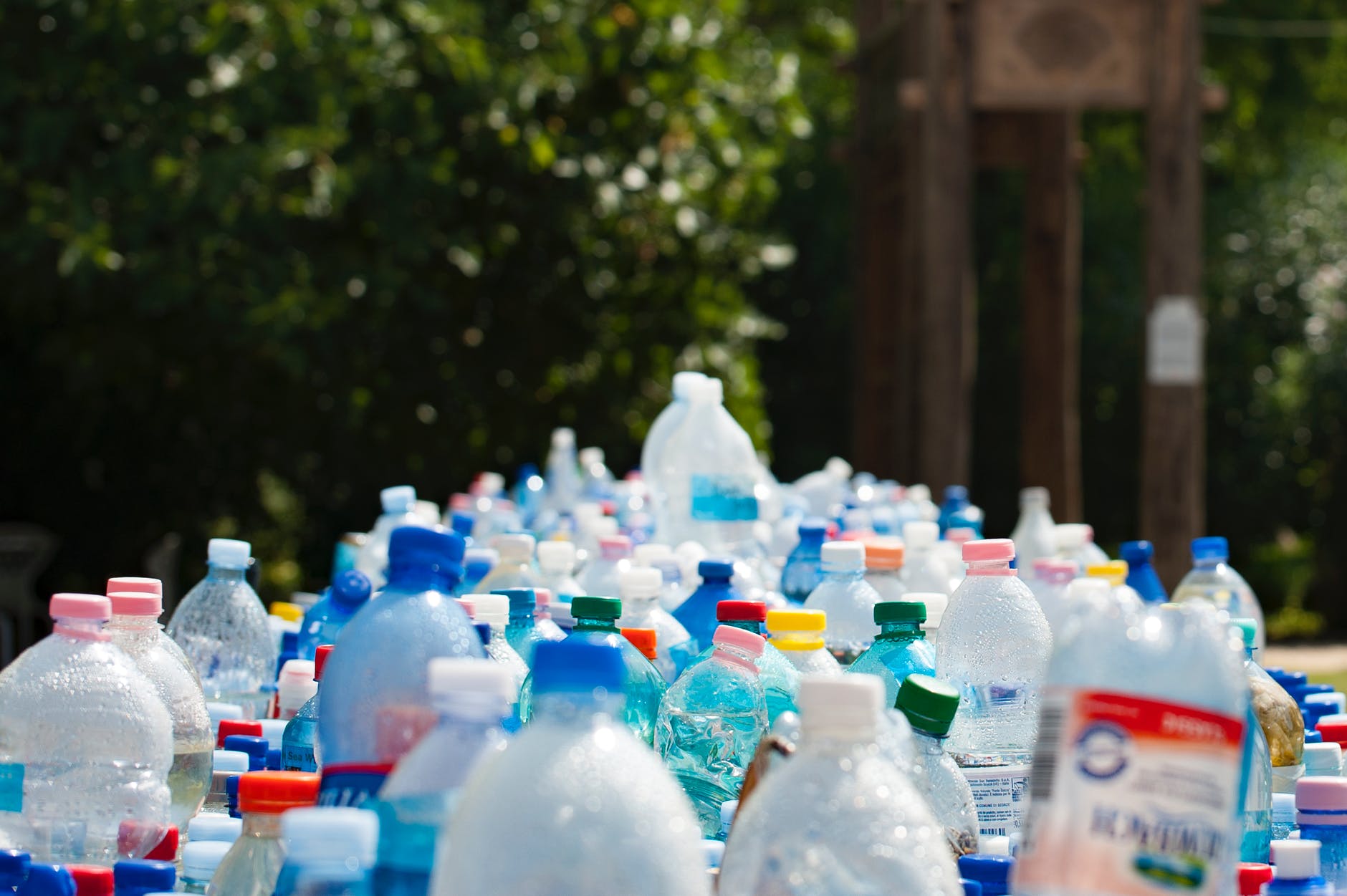
April 17, 2020, by Ross Wilson
Sustainability and the importance of interdisciplinary studies
What do you think about when you throw something away? You might be incredibly conscientious and think about how you might be able to recycle the empty contained or wrapper. You might think about how where the rubbish will go once it has been collected. You might even ponder the nature of our society that creates single-use objects that are designed to be thrown away after use. But for the vast majority of time, we will think about nothing. We discard things without a second though out of habit and routine. As long as it is no longer near us, we are absolved of responsibility and we no longer have to think about it.
This is fascinating! And it is also a great demonstration of why we need interdisciplinary thinking to solve our contemporary problems of sustainability and environmental protection.
It is fascinating because it is through the practices of disposal that we can analyse society. The anthropologist and cultural theorist Mary Douglas wrote in 1966 Purity and Danger. In this, she stated ‘dirt is in the eye of the beholder’. This gives us a framework to understand our own society as we can see a world around us that is obsessed with dirt and rubbish and hiding it away. We have created vast infrastructure of disposal and collection services to ensure we are not reminded of the scale of our consumption and disposal.
This is the point made by the philosopher Zygmunt Bauman in Wasted Lives. If we were confronted with the excess we create then we would think differently about how we structure our society and our economy. We have a linear economy of extract, make, consume and waste which generates wealth for our society. This is the classical model of economics put forward by Adam Smith in Wealth of Nations published in 1776.
During the late twentieth century, this model has been shown to be unsustainable. We need to start thinking differently about recycling, how we buy, how we invest and how we make. Essentially, we need to think in interdisciplinary terms about a circular economy which allows us to reimagine our use and disposal of objects.
Things matter! If we are going to address some of the major issues we face in the twenty-first century it will be through reworking the relationships between people and things.
Click here for a brief talk on the importance of objects:
https://echo360.org.uk/media/dc2cd78e-1fb1-4a90-a950-7c2466bea147/public
No comments yet, fill out a comment to be the first

Leave a Reply